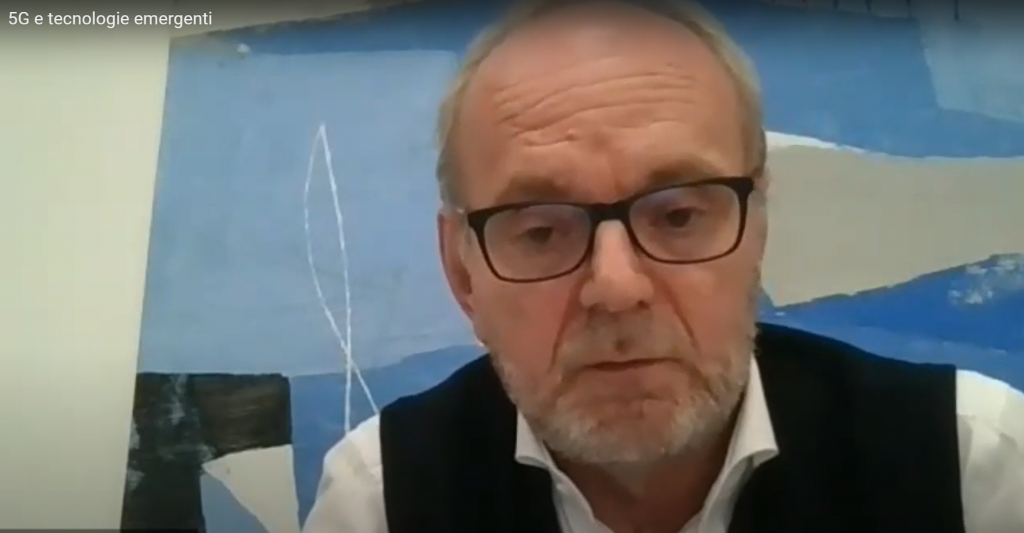Ferigo: “Wireless infrastructure for the revival of Italy and its small towns”

At a conference organized by the Center for American Studies, our CEO took stock of the development of fifth-generation mobile networks in our country and INWIT’s key role in breaking down the digital divide.
At a conference organized by the Center for American Studies, our CEO took stock of the development of fifth-generation mobile networks in our country and INWIT’s key role in breaking down the digital divide.
5G will help Italy become a more modern, efficient and digitalized country, as well as a more united and connected one. This was the message from the live web conference “5G and emerging technologies”, organized on 20 October by the Center for American Studies.
A discussion panel, coordinated by the Rai 1 journalist Barbara Carfagna, took stock of the development of fifth-generation mobile networks in our country with main players and stakeholders in the national market – from the undersecretary of MISE Mirella Liuzzi to Marco Bellezza (CEO of Infratel Italia), Paolo Campoli (head of Cisco’s Service Provider Segment) to Enrico Cereda (President and CEO of IBM Italia) – and also included the participation of our CEO Giovanni Ferigo.
“The new-generation network won’t just be a faster version of 4G, but will give rise to a true digital ecosystem” explained the CEO during the debate. “The speed of data transfer will pave the way for an enormous variety of services in different sectors, fundamental for the acceleration of new technologies in Italy.”
Unfortunately, though, Italy still seriously lags behind other countries when it comes to digitalization. “According to the DESI index, Italy is 25th out of 27 countries in the EU. The 5G revolution will be made possible only by widespread outdoor and indoor coverage. At the moment, we are installing small antennae in places where 5G coverage will have to be excellent – train stations, stadiums, small towns, museums, hotels, universities and shopping centers – hosting any operator on our systems who is interested in developing not only coverage and data capacity, but the extremely innovative vertical services that 5G will enable as well.”
INWIT’s role, in this context, is to support the implementation of the 5G network throughout the country, offering the most suitable infrastructural solutions even in the smaller realities that make up our country.
“The 5G network involves investments, development, and a revival of the country. DASs (Distributed Antenna Systems) or Small Cells, for example,” explained Ferigo, “can change the face of small Italian towns, in view of an increasingly connected country, in line with the priorities of the government’s National Plan for Recoveyr and Resilience (PNRR). We want to reassure city governments that there are non-invasive tools for the implementation of 5G in squares and historical centers. Micro-cell coverage systems, for example, have lower emission power and consumption compared to traditional antennae. What’s more, with fifth-generation networks, Italian cities will experience great demographic, urban, ecological, productive and social change.”
“According to a study by McKinsey Global Institute (MGI),” Ferigo pointed out, “with 5G, Smart Cities will be safer (-10% accidents, -30% thefts), faster (-45-65% time in public offices), greener (-10/15% emissions) and more sustainable (+3% employment and lower cost of living)”.
Therefore, 5G is the push the country needs to take a decisive step toward the future.